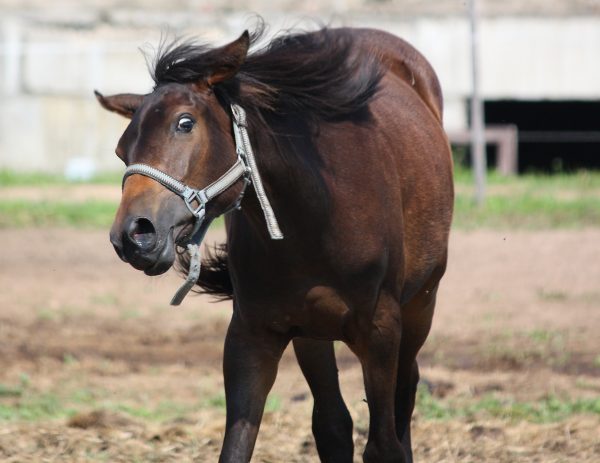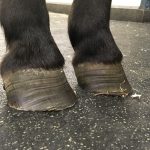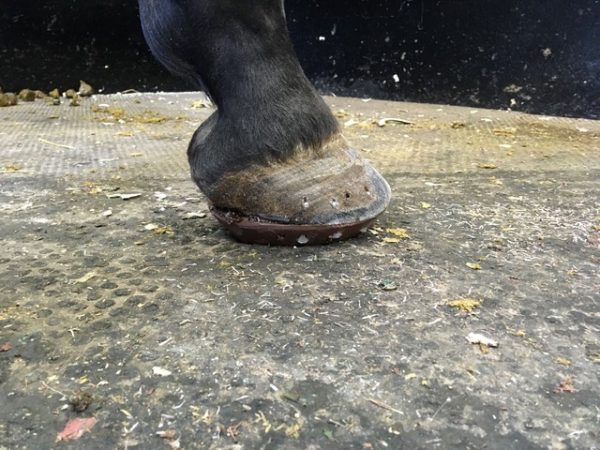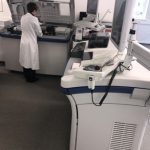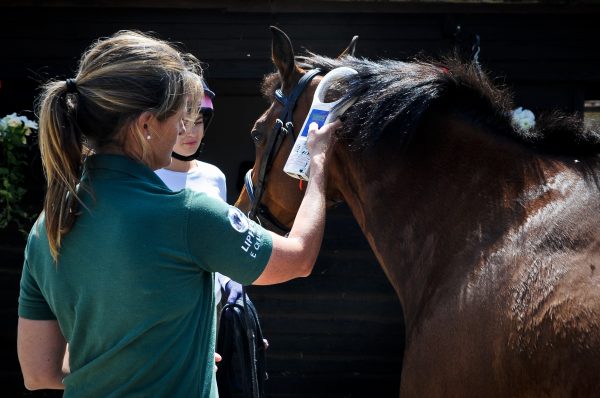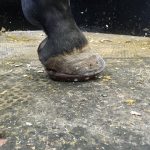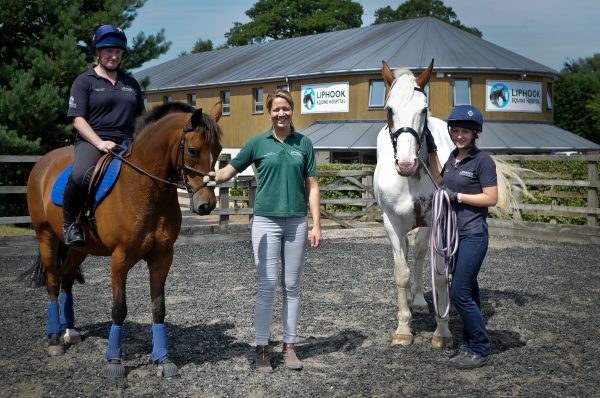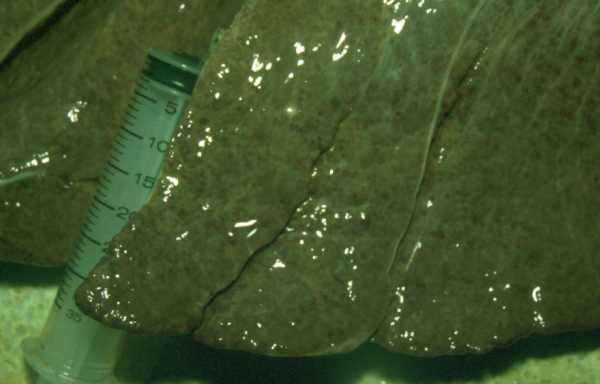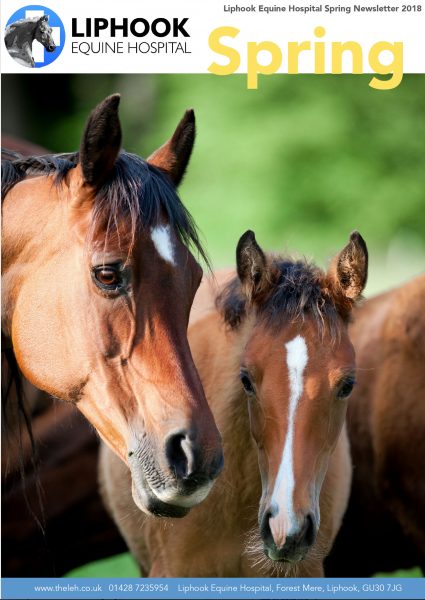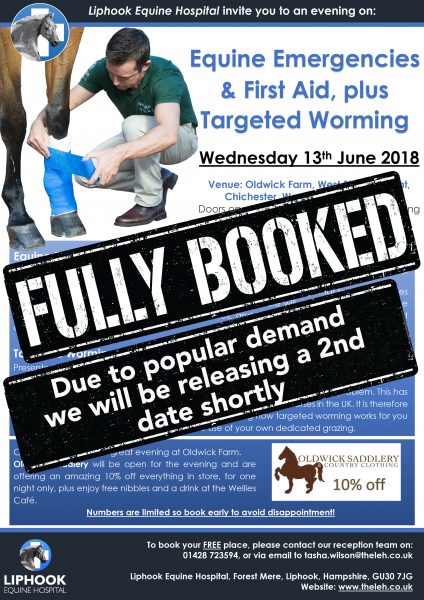Horses will shake their heads for a range of reasons, but vets recognise that some of the time the headshaking signs are associated with diseases and nerve problems in their heads, causing discomfort and resulting in characteristic pattern of headshaking signs.
Headshaking horses show a pattern of signs that can include some or all of the following:
– Vertical (up and down), horizontal (side to side) or rotationary (round and round) flicking of the head
– Nostril twitching or grimacing
– Nose twitching and lip smacking
– Scrubbing the nose on the floor, against their legs, on the rider’s feet, or stable walls
– Snorting (obviously all horses can snort, but where this is exaggerated it could be signs of headshaking)
– Sometimes it appears very dramatically and the horse behaves as if an insect has flown into the ear or up their nose
These headshaking signs are sometimes caused by infections, cysts, growths, and inflammation in the head that damage the trigeminal nerve that is responsible for communicating facial sensation to the brain. More often though, the signs are related to a problem with the function of the nerve itself and we call these cases “trigeminal-mediated headshakers”.
Horses usually develop the condition between the ages of 5 and 12 years. It can start rapidly and severely, or it can begin with very mild signs and gradually get worse over months and years. Some horses only show signs during the spring and summer, and others have signs that persist all year.
The use of computed tomography (CT) has revolutionised our ability to investigate headshaking cases. It enables us to rule out other diseases, and make a confident and accurate diagnosis of trigeminal-mediated headshaking. If you suspect your horse is showing headshaking signs, your vets are likely to recommend this important step in the investigation of headshaking signs.
There is an evidence-based non-invasive treatment option for trigeminal-mediated headshaking cases called PENS therapy. This PENS treatment has a good success rate in returning horses back to their previous athletic activities and (other than the sedation used during the procedure) has no withdrawal time prior to affiliated competition.
More information on PENS can be found here: https://liphookequinehospital.co.uk/…/Trigeminal-mediated-h…
Victoria South and Jamie Prutton, two of our equine internal medicine specialists, have a wealth of experience in managing headshaking cases, and are involved in international research projects in this area. They would be delighted to talk through the diagnostic steps and treatment options, so if you have a suspected headshaker case and would like to find out more then please contact the Hospital for more information on 01428 723594 or via email at post@theleh.co.uk.
